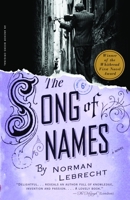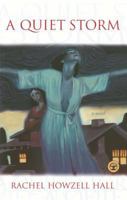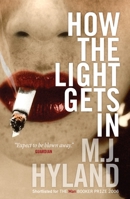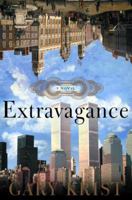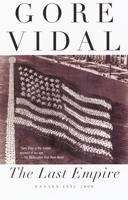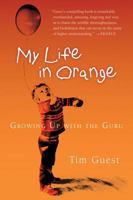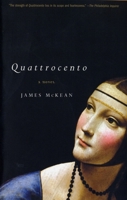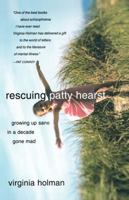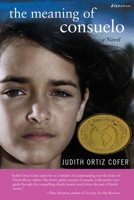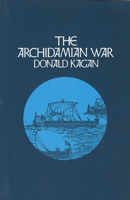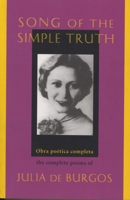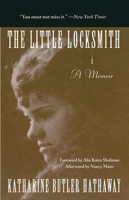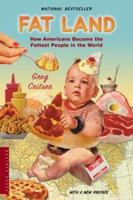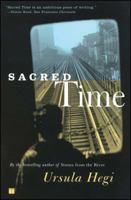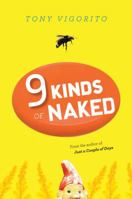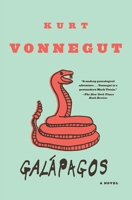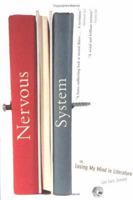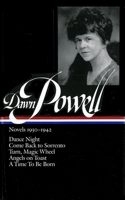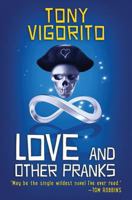Conozco Los Opuestos / I Know Opposites
(Part of the I Know Opposites / Conceptos Contrarios Series and Lo Que Conozco / What I Know Series)
Select Format
Select Condition 
You Might Also Enjoy
Book Overview
The concept of opposites is a crucial one at the early elementary level. Learning opposites opens up a reader's vocabulary and ability to communicate. This colorful volume is a helpful aid for teaching and reviewing opposites, displaying opposite pairs visually next to the accompanying accessible text. Readers are encouraged to identify opposites in their own world, reinforcing these essential ideas in their daily lives.
Format:Library Binding
Language:Spanish
ISBN:1538205580
ISBN13:9781538205587
Release Date:July 2017
Publisher:Gareth Stevens Publishing
Length:24 Pages
Weight:0.13 lbs.
Dimensions:0.3" x 7.1" x 7.2"
Age Range:4 to 6 years
Grade Range:Preschool to Grade 1
More by Tony Vigorito
Customer Reviews
5 customer ratings | 5 reviews
There are currently no reviews. Be the first to review this work.










![Library Binding Conozco Los Opuestos / I Know Opposites [Spanish] Book](https://i.thriftbooks.com/api/imagehandler/m/0F232FC7EFBDB78266A3F196940573560B555205.jpeg)

